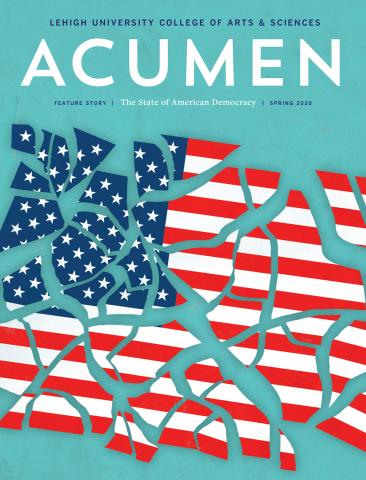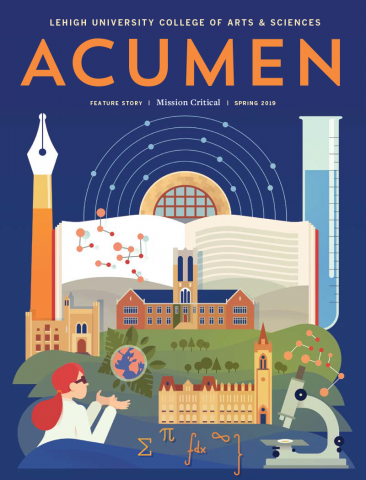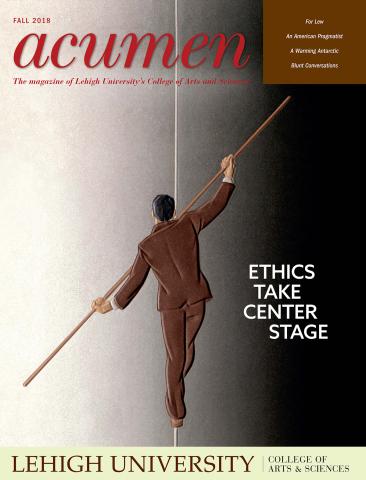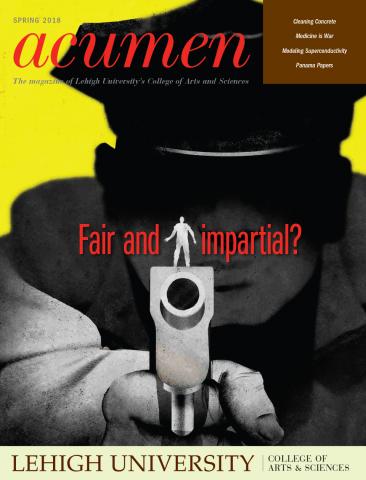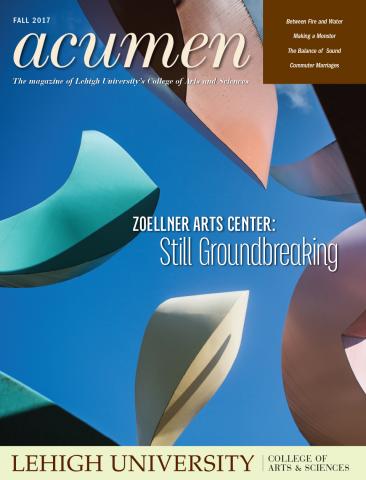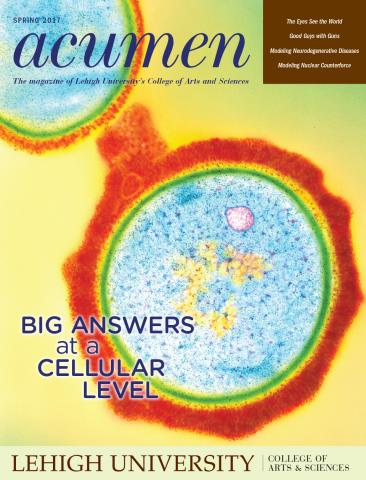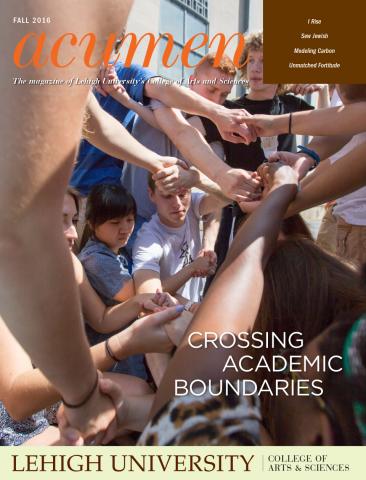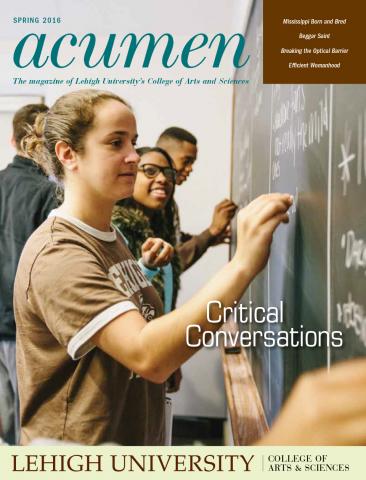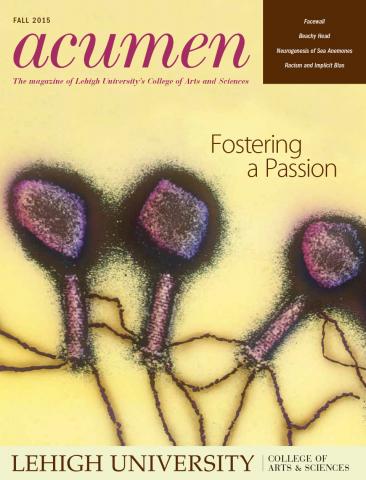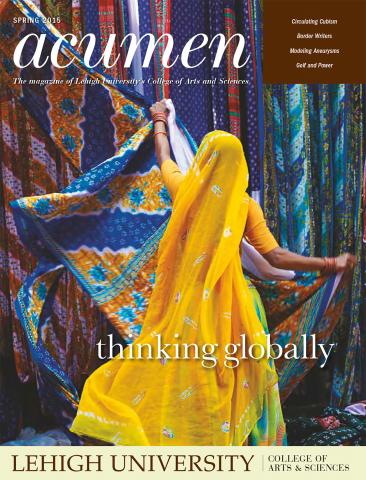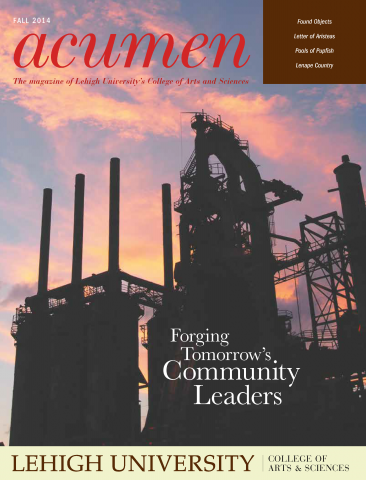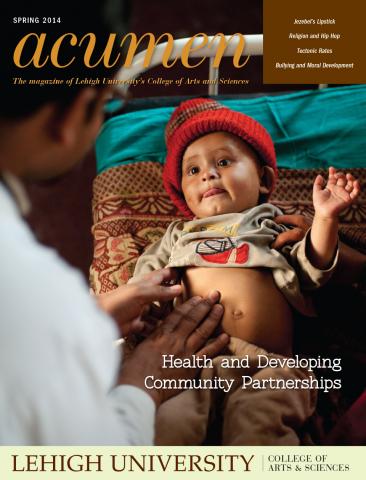
Google Glass, the new digital eyewear from Google that features a built in wearable camera, has made its way into the classroom of Jeremy Littau and is changing the way Lehigh journalism majors think about storytelling.
Littau, assistant professor of journalism, is one of 8,000 beta testers selected by Google to test its new wearable media technology. It is a lens-less pair of glasses equipped with a track pad and small screen in the upper right hand eye. Within this technology is a camera that takes pictures and records video that can be shared socially on sites such as Twitter or Facebook.
Google Glass is not yet available to the public, but the company has sold a limited number to developers and to a group of people who were selected based on their tweets about how they planned to use Glass. Littau is interested in how the technology can influence and enhance journalists’ stories and has incorporated Glass into his Multimedia Storytelling course. Throughout the semester, each of his 10 students experimented with the device for 10 days. Students uploaded their experiences as video to the class blog and Tumblr. Each student also produced what Littau calls a “Glassumentary,” in which they create a documentary that combines both third-person and first-person narrative.
“So much of what we do in journalism is pointing the camera at something. Everything you witness in journalistic video or documentary video is through a third-person perspective, but Glass affords us to see through other people’s eyes. Stories can become more compelling with a shift to first-person mode.”
Glass gives the viewer a different perspective and could be a good teaching tool, Littau says. “The perspective is unique. Rather than me telling you about something, you can see it. Students are thinking about stories in the first person, which to me is an interesting place for them to be journalistically, because just thinking that way is going to have an effect on their journalistic imagination.”
“It has the potential to change our journalistic inquiry and I’m very interested in perspective-shifting because I think it will make us better storytellers.”























